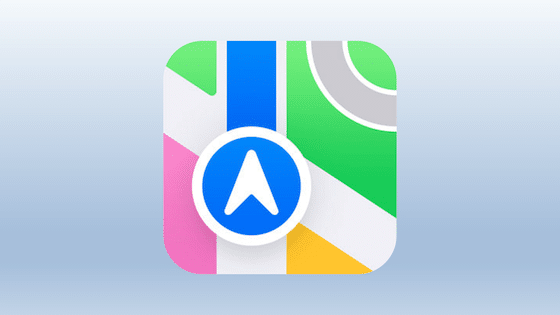In this edition of Localogy’s Local Radar, we examine Atlas.co, Partiful & Wonder
1. Atlas.co
Mapping is the core of local commerce as Google Maps – and increasingly, Apple Maps – demonstrate. But though these giants dominate mapping market share, we continue to see smaller challengers emerge. The latest is Atlas.co, an Oslo-based company that offers a browser-based mapping tool. The idea is to provide a tool that lets users quickly build custom maps for various purposes. That can be in educational contexts, enterprise planning, or journalists who want to illustrate an article with supporting mapping data on a given topic. Its main hook is that it wants to democratize and streamline underlying mapping data, which currently relies on GIS (geographic information system) data and entrenched interests that have assembled place data (like Google). But the primary GIS data provider today is Esri, which is a closer comparison – and disruption target – for Atlas.co. Google Maps is also a competitor on one level, if you consider its mapping API. In any case, Atlas.co’s approach is to offer a more flexible, user-friendly, and cloud-based collaboration platform, which is packaged as a scalable and usage-based SaaS offering. To advance this mission, the company recently closed a $2 million pre-seed funding and will use the cash to staff up on the engineering front to keep developing and expanding the platform.
2. Partiful
Even though online event planning has matured to some degree – with an established list of players like Eventbrite, Facebook Events, and Meetup – there’s room for new blood and disruption. This has been demonstrated by Partiful, a New York-based event-planning app that was just named Google’s app of the year – no small milestone. So how did it achieve this accolade, and to what does it attribute its traction so far? One factor propelling the company is its popularity among Gen Z, and another is its user-friendliness – especially when compared with UX-challenged players like Eventbrite. Anyone can design an event page, then invite their friends using a link delivered by text. More importantly, recipients aren’t forced to register to respond and RSVP – a greedy and cumbersome UX requirement of many other event apps. The app also has lots of traction due to its simple and clean design. It currently has “millions” of monthly active users, though it doesn’t specify an exact figure. The company has also done a decent job attracting investor interest, with $27.34 million raised to date. It was assigned a $120 million valuation at the time of its $20 million Series A1 round in late 2022. The question is how that valuation stacks up today, and if it can sustain its current momentum.
3. Wonder
The restaurant industry has been shaken up to some degree over the past half-decade, considering the rise and fall of ghost kitchens, and the accelerated digital transformation in the Covid era. Somewhere within that mix is Wonder, which has gained ample notoriety due to the name brand of its founder, Marc Lore. The company is a vertically integrated restaurant platform that supports core functions like dining and delivery. But the main angle is innovations in food tech such as all-electric kitchens that can be set up in non-traditional spaces. This includes several components such as a B2B business that sells kitchen tech, as well as its longer-term vision for a “super app” for meal planning and food delivery. You also may recognize the name of the company because it bought Grubhub for $650 million earlier this month. The acquisition was to accelerate its capabilities, technology, and talent by buying rather than building. Now Woner is positioned to grow into several directions, some of which are noted above. Given Lore’s background and acumen, these will be market events on the horizon that are worth watching.



